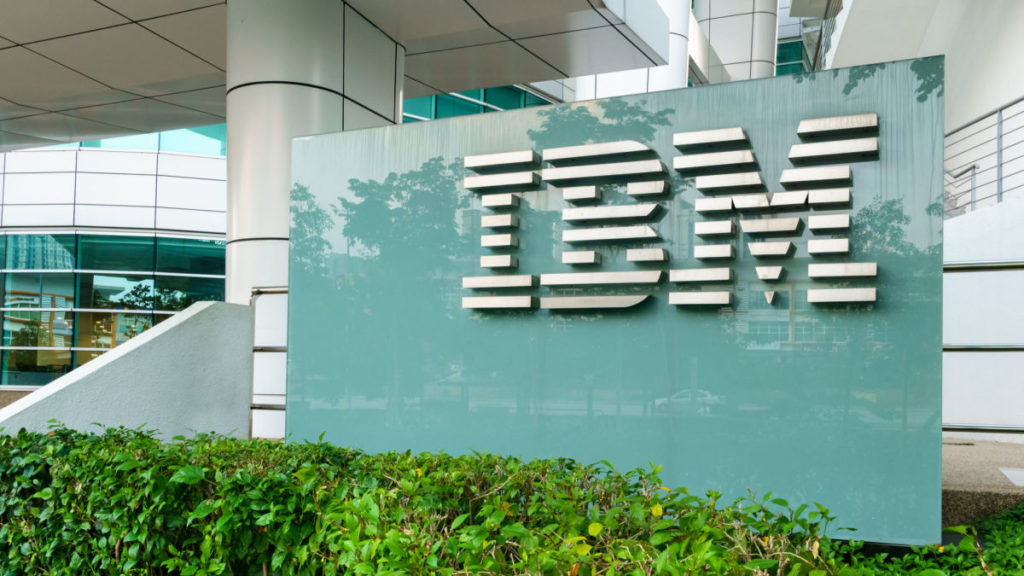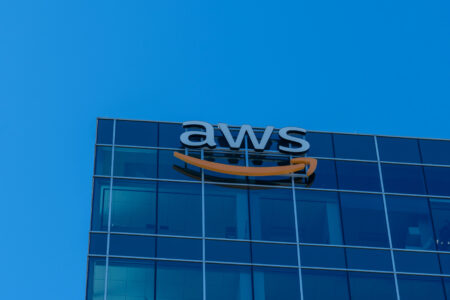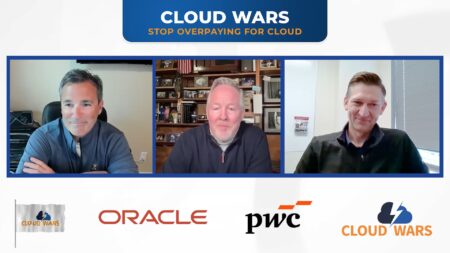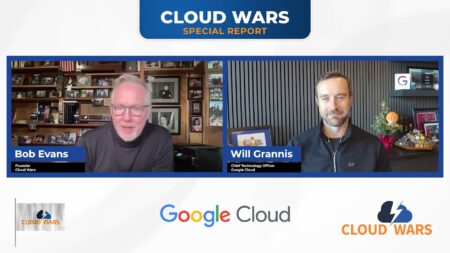
Businesses are continuing to invest significantly in technology because it has become both a deflationary force and an essential engine for growth and scale, IBM CEO Arvind Krishna said at a recent investors conference.
The comments from Krishna come as his 111-year-old company’s growth has accelerated in recent quarters while the growth rates of a number of cloud-native providers have gone down during this turbulent period of global economic uncertainty.
Armed with an institutional history of the ups and downs of business cycles plus a product and services portfolio recently optimized for the digital economy, IBM has emerged as a stronger force in the Cloud Wars than at any time in the past 6 years.
Under Krishna’s leadership, IBM has:
- Unloaded some non-essential businesses;
- Divested its managed-infrastructure business, which is now called Kyndryl;
- Scuttled plans to try to compete in the cloud infrastructure category;
- Realigned its sales organization to simplify the buying process for customers; and
- Overhauled its service units into a single IBM Consulting organization.
Against that backdrop, it was inspiring to hear Krishna open his remarks at a recent investors conference around a topic that used to pervade the cloud business but has lately been put on ice: optimism.
At the recent Royal Bank of Canada conference, Krishna opened his conversation with RBC CEO Dave McKay by saying he intended to come across as “remarkably optimistic.” A few moments later, Krishna asked and then answered his own question:
“So why am I such an optimist? Maybe it’s because of my industry in tech. Because when you have high interest rates, and you have demographic issues on labor, I would say maybe the only deflationary force is technology,” Krishna said.
“So I see this as most companies are actually not trying to cut down a lot on technology spending — instead they’re saying, ‘How should I use technology to really come out stronger?’ Because the COVID period also taught us that you can actually deal with your clients remotely not for everything, but for a lot of things.
“And if you can deal with them remotely, how can we come out stronger to fundamentally change our companies to scale better and serve even more people around the globe?
“That’s why I’m maybe an optimist on this,” Krishna said.
The subject then turned to sustainability, which gave Krishna the chance to mention two key points: first, that customer attitudes and behavior toward sustainability have changed dramatically in the past couple of years; and second, that the key to developing and executing successful sustainability initiatives is data.
“I think that until about two or maybe three years ago, it was more talk and less action,” Krishna said. “Today, it’s something that’s dead serious.
“Most of our clients are saying, ‘Look, I need to have a correct baseline. I need to know what is my real Scope 1 and Scope 2. But the real price is really going to be in Scope 3, which is really the impact of their own products and services downstream.
“And you’ve got to begin first by measuring yourself — and to me, that’s a data problem.”
With that, Krishna shared one of the primary factors for his optimistic outlook.
“Because how would you actually do that without data? How do you connect to all of your systems? That’s a place where we think we’ll have an incredible advantage because that’s what we kind of do for a living: we integrate data,” Krishna said.
“We invested in it, we did some acquisitions, we’ve been growing our own technology, and we stood up our own consulting teams. So we think of that as a big opportunity.”
That’s the sort of clarity IBM was lacking in both vision and execution before Krishna took over as CEO about 2-1/2 years ago. And his earlier point about business leaders realizing that ongoing technology investments can be a way through sustainability and other opportunities is an indication of how IBM is now fully prepared to move at the speed of the market and in the directions the market wants to go, rather than being immobile, hidebound, and stuck in the past.
As Krishna then brought up the clever combination of “purpose and profit,” it was clear to me that he has become a leader who’s no longer swamped by the chore of fixing IBM’s internal problems but has not become an aggressive hunter of opportunities that perhaps IBM is uniquely qualified to win.
“But Dave, I’ll turn it around and I’ll say a little bit tongue in cheek that this is a place where purpose and profit go absolutely hand-in-hand,” Krishna said.
“If you look across Europe, energy prices are anywhere from double to triple — double roughly for the retail people, triple or more for businesses. So we can come to you and say, ‘We could help you save maybe 30% of your energy bill.’
“Is that purpose or is it profit? Well, it’s kind of both together,” he said, citing the oil and gas industry as an example.
“How about stopping methane leakage? That’s one big step. How about turning off the lights when there’s nobody there? How about reducing the cooling temperature in a hot country where nobody’s in the office, or how about reducing the heat for a cold country?
“You can go on and on about all these elements and sensors and IoT technologies and data integration and AI.
“It sort of all comes together in a nice bundle and is a great opportunity.”
Sounds to me like Krishna and IBM are getting more serious about industry clouds and/or industry-specific solutions. Since I’ve said many times that industry clouds will be the hottest segment in the greatest growth market the world has ever known, it’s easy to see why IBM CEO Arvind Krishna is feeling so optimistic.
To see more Cloud Wars content, including all recorded sessions from June’s live Cloud Wars Expo, please register here for your Cloud Wars Expo on-demand pass. The on-demand pass, which is included with your Acceleration Economy subscription, gives you access to approximately 40 hours of invaluable educational content from last month’s event.









